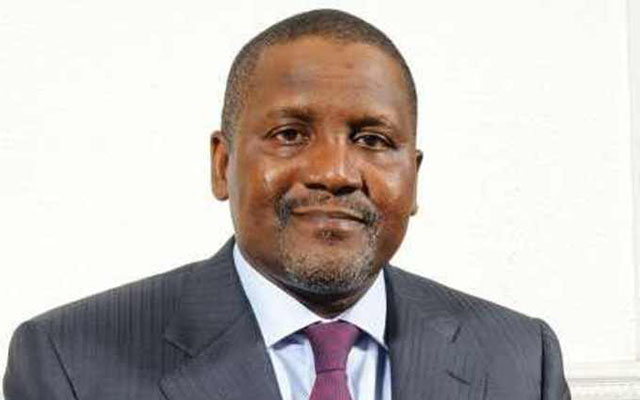Vendors bemoan state of council infrastructure

Enacy Mapakame
Vendors Initiative for Social and Economic Transformation (VISET) executive director Samuel Wadzai has called on local authorities to expedite provision of conducive environments for their business as the informal sector seeks to grow and further contribute towards economic development.
The Zimbabwean economy has undergone significant structural transformation in the past two decades, which has seen the formal sector being replaced by a growing informal sector.
Despite their growth and contribution to the economy, there are still some loopholes that need addressing for them to realise their full potential and further contribute towards the economy, such as formalisation of their businesses.
Mr Wadzai said formalisation of their businesses need to progress concurrently with other factors that impact growth such as provision of conducive infrastructure for operations.
He bemoaned the poor state of infrastructure for informal traders with some areas such as the Coca-Cola market, in Harare, devoid of proper sanitation facilities.
“Speaking from the perspective of informal traders is that we are concerned with the barbaric treatment informal traders get especially by local authorities which we believe perpetuates inequalities.
“We want expedition of the formalisation of the informal economy because we believe it is the avenue towards ensuring there is equality in terms of doing business in the formal economy.
“(We want) the money being collected by local authorities to be channelled towards growth and development of the economy, we want infrastructure that promotes business.
“Formalisation is not just about collecting money from the informal sector, but it is about creating a conducive environment for players in the informal economy to work properly and help the country to create employment,” he said at a press conference on ending tax-induced inequalities in Zimbabwe held by the Fight Inequality Alliance-Zimbabwe (FIAZ).
This was part of the Global Week of Action Against Inequality which started on January 15 and ended on January 22, 2022 under the theme “Time to tax the rich and build people’s recovery plans for Covid-19.”
FIAZ chairperson Mrs Janet Zhou said the tax burden weighed heavily on the poor and marginalised groups while the rich are “insulated by their fat pockets.”
As such, she called on Government to implement wealth tax to allow for redistribution of wealth in the country at a time the Covid-19 pandemic has further widened the gap between the poor and the rich.
“At the same time, the rich and political elites and wealthy corporations registered an incredible rise in wealth and assets.”
Mrs Zhou said most of this wealth and assets is part of the massive transfer of wealth from the public sphere into private hands through primitive means of accumulation including corruption that enable corporates and the rich to hide their wealth and avoid paying their fair share of taxes.
“We are urging for the introduction and implementation of a wealth tax to facilitate the redistribution of wealth from people who have too much wealth to meet the needs of the suffering majority,” she said.









Comments